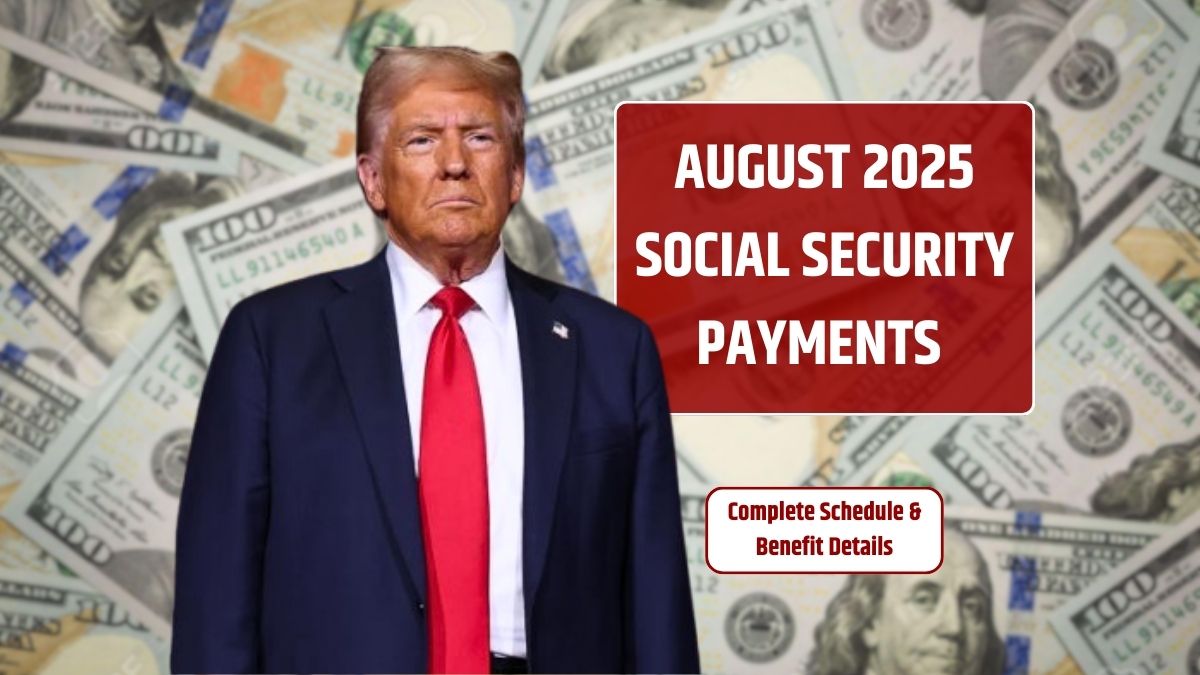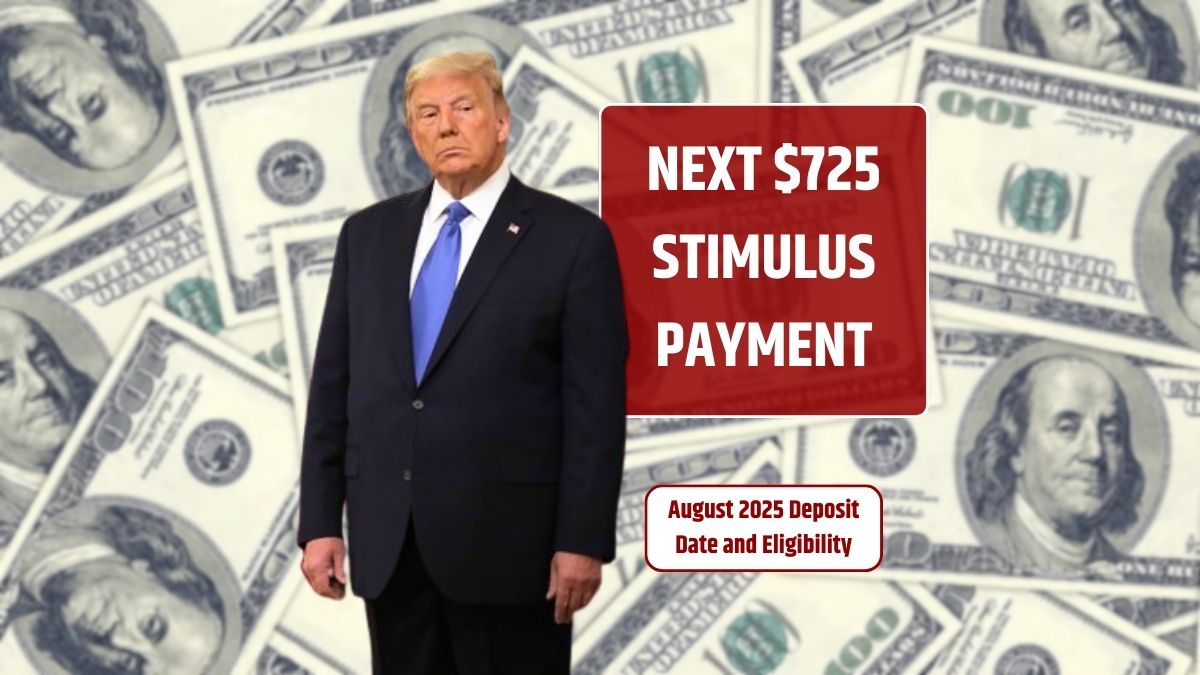If you’ve seen talk of a $2,939 payment from the IRS coming this August, you’re not alone. The buzz around this number is growing across news sites and social media. But let’s be clear—this isn’t a new stimulus check. It’s the average tax refund that many Americans could receive this year, especially if they’ve filed their 2024 taxes properly and are eligible for other benefit programs like Social Security, SSI, or SSDI.
Here’s a full breakdown of what this payment really is, how you can qualify, and what to expect in terms of timing and impact.
Meaning
This $2,939 payment is not a bonus or emergency stimulus—it’s a regular tax refund. The figure itself is based on average refunds filed and processed by the IRS, combined with benefit adjustments for people who also receive SSDI, SSI, or Social Security benefits.
That means not everyone will get $2,939. Some will get more, some less, depending on how much was withheld from their paychecks, their tax credits, deductions, and whether they qualified for additional benefits.
Best part? This refund is tax-free and does not affect your eligibility for other federal aid programs like Medicaid, SNAP, or housing assistance.
Eligibility
Wondering if you’ll qualify for this refund? Here’s a quick guide to check your status:
- You must have filed your 2024 federal tax return on time (by April 15, 2025 or May 31 if you filed for an extension).
- No audit issues or unresolved disputes with the IRS.
- Have a valid SSN or ITIN.
- Eligible for SSI, SSDI, or Social Security and meet income criteria.
- Provided banking or direct deposit details to the IRS or SSA.
If all of that checks out, you’re likely already in line to receive your refund. You don’t need to fill out any special application.
Claim
For most people who filed taxes or are receiving Social Security/SSDI/SSI, no action is needed.
But if you’re a non-filer—meaning you didn’t file taxes—you can still claim your refund. The IRS provides a Non-Filer Tool to help you submit your information and claim any eligible refund manually.
Remember, the amount you receive is based on your tax filing, your withholding, and any tax credits you’re eligible for—like the Earned Income Tax Credit (EITC).
Schedule
When will this refund hit your account? That depends on when your tax return was processed:
| Return Accepted Date | Direct Deposit Date | Paper Check Date |
|---|---|---|
| July 20–26, 2025 | August 1, 2025 | August 8–15, 2025 |
| July 27–August 2, 2025 | August 8, 2025 | August 15–22, 2025 |
Note: Paper checks may be delayed by 6–8 weeks if there are issues with your address, verification, or banking details.
Amount
While $2,939 is the average, your refund could be much higher—or lower. That depends on:
- How much you earned
- How much tax was withheld
- What tax credits or deductions you claimed
- Whether you’re receiving SSDI, SSI, or other benefits
So don’t automatically expect the full $2,939—it’s just a reference point.
Update
To make sure your refund arrives on time:
- Keep your address, SSN, and banking info updated with the IRS or SSA
- Log in to IRS.gov to review or change your direct deposit info
- Double-check your tax return for accuracy
Any delay in your details could delay your payment.
Impact
This refund could be a game-changer for many households:
- Cover rent, groceries, or bills
- Pay off small debts or loans
- Support small business or gig work expenses
- Help offset inflation
But it’s important to remember: This is not a bonus check. It’s your own money coming back to you—based on taxes and benefit eligibility.
Getting a refund of this size in August 2025 can help smooth over mid-year financial bumps and bring a little breathing room into your budget.
FAQs
Is the $2,939 IRS payment a stimulus?
No, it’s an average tax refund—not a new stimulus check.
Who qualifies for the IRS refund?
Those who filed 2024 taxes and meet benefit or income criteria.
When will I get the refund in August?
Depends on filing date—most deposits by August 1 or 8.
Do I need to apply for the refund?
No, if you filed taxes. Non-filers may use the IRS Non-Filer Tool.
Will this refund affect other benefits?
No, it doesn’t affect SNAP, Medicaid, or housing aid.











